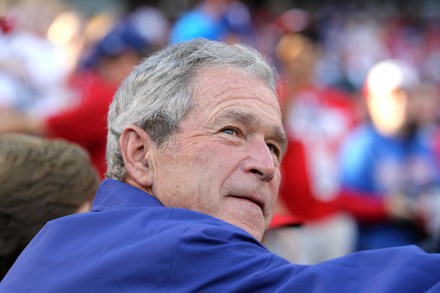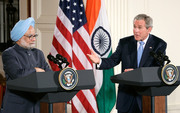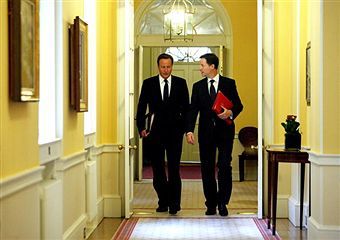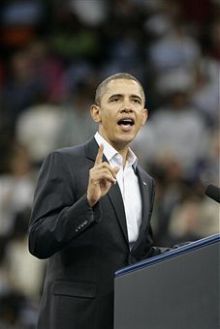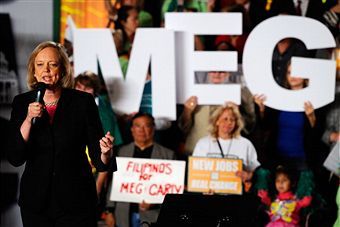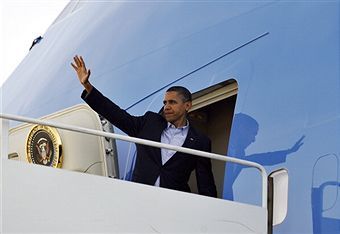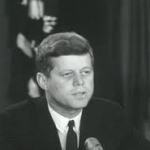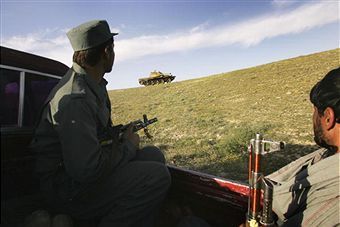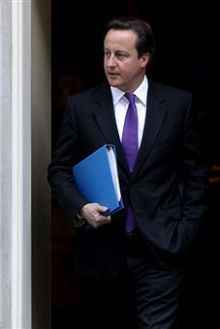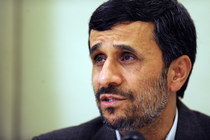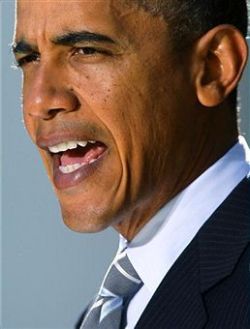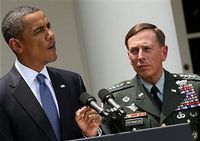Ten highlights from the Bush serialisation
Number 43 is back. And judging by his interview (£) with the Times editor James Harding – and that paper’s serialisation (£) of his memoirs – he is standing defiant. As Bush himself puts it to his critics, “I ask those people to read the book. I understand that the filter can be harsh. But I think people will see someone who deliberated carefully on key issues, someone who did not sell his soul for politics, that he was willing to stand on principle and people can draw their own conclusions.” “The book” is out tomorrow, so we will be able to draw our own conclusions then. But, in the
